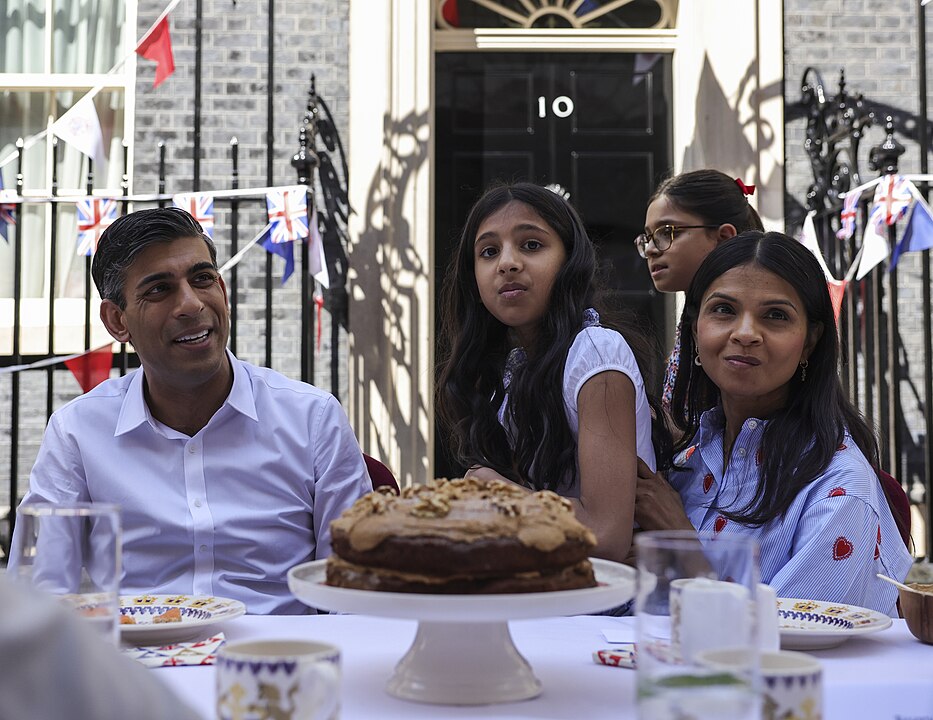Is Rishi Sunak Right – Are Some Degrees Worthless?

The Prime Minister thinks some degrees aren’t worth the paper they’re written on. Does he have a point or are degrees still your best chance of a decent job?
Rishi Sunak has pledged to crack down on so-called rip-off degrees and limit the number of students for courses that don’t deliver what he calls good outcomes. With the cost of gaining a degree at record levels and the cost of

living rising all the time, any parent of a teenager will be asking themselves the same question: is it worth it?
Rip off degrees
Today’s students face a much more complicated calculation than their parents, many of whom benefited from free university tuition, low-interest loans, and even grants. Today’s generation will have to find around £9.

250 per year for tuition fees, plus the ever-rising cost of rent, food, and bills.
Graduates today can expect to walk away with an eye-watering £45,000 of debt on average.
Given the financial investment expected, graduates should expect a return. However, as university becomes more expensive, studies show it’s taking longer to find work.

Data suggests that half of all graduates took more than six months to find a professional-level job compared to 17% of experienced non-graduates.
A survey of those who graduated between 2020 and 2023 found that 50% were unable to find work after graduation and of those who did, only found short-term positions lasting one to six months.

According to a poll from Walters People 45% of recent graduates do not feel their degrees have given them the skills they need in the current job market and 20% feel work experience would have been more valuable.
Value for money
So, are they and the Prime Minister right? Let’s start by looking at Sunak’s criteria for what makes a ‘good outcome’.

According to his yardstick, that applies to anyone who doesn’t get a graduate-level job within 15 months, which sounds a little inflexible.
For example, 15 months after leaving university I was working in a pub. According to Sunak’s calculation, I’d have been one of those people who got little or no value out of their degree and if you’d asked me at the time I might have agreed, but

that’s not the whole story. Shortly afterwards I did get my first professional job. I wouldn’t have had the career I’ve had without the degree.
So, yes, my degree was worth the money, but under Sunak’s approach that would still be a black mark against my university.
In the long-term graduates still expect a higher salary and have a better chance of a professional career than their

non-graduate counterparts. Official statistics show the average graduate salary is around £35,000 compared to £24,000 for non-graduates.
According to one study, 88% of all jobs will be at a graduate level by 2036. In a world in which most jobs now require a degree, not going to university closes more and more doors. If you think getting a job is tough with a degree, just try it without one.

The value of a degree also depends on the topic and where you study. As always graduates from Russel Group Universities such as Cambridge, Oxford, Manchester or Durham are likely to earn more than those from less reputable institutions. The highest earners come from the London School of Economics where women earn on average £45,000 and men £60,000.

Topics such as maths and medicine are also more lucrative with graduates expecting to earn around 30% more than in other subjects.
As with so many things, therefore, assessing the value of going to university is complicated and has no single answer. It depends on the career you’re looking at, the course you’re studying and the university you’ve chosen.

In some cases, lower-cost alternatives can be found that have a direct career path such as through apprenticeships or studying abroad. However, one thing the data seems to show is that all things being equal having a degree is likely to pay off and give you more choice about where you work.
The calculation will of course be different for everyone and depends on their career, personal

circumstances, and tastes. So, if you’re one of those people wondering if that investment will be worth it, get in touch and let us know.

How valuable do you feel your degree was?












